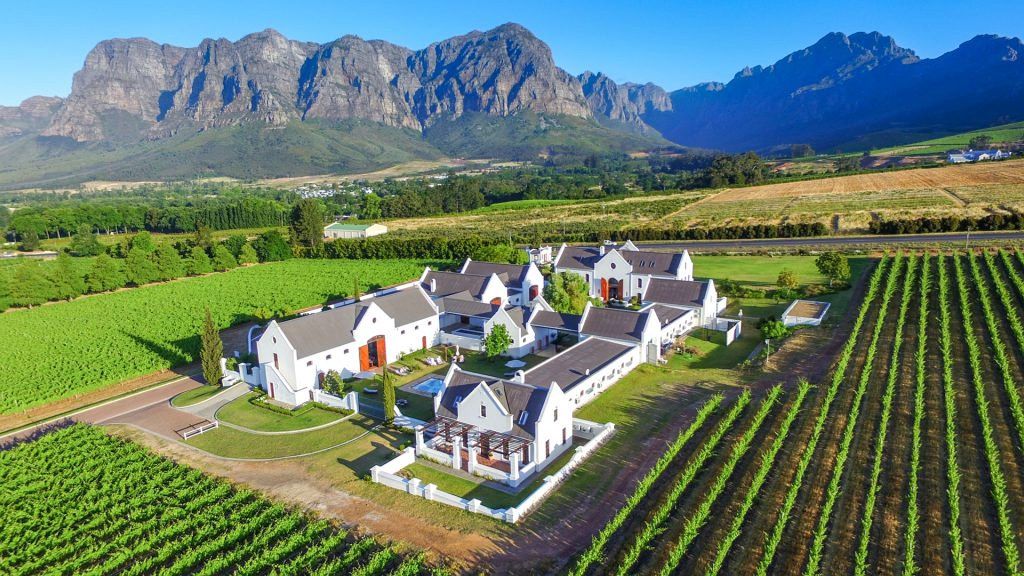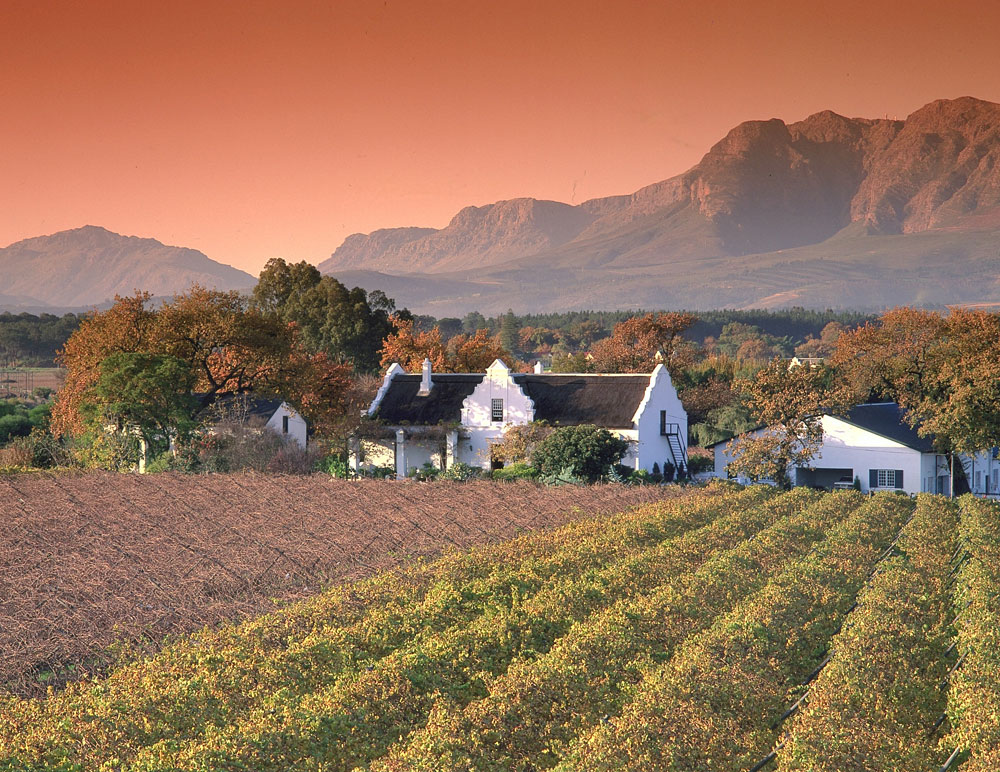Wine tourism has evolved from a niche luxury experience to an accessible adventure for travelers seeking authentic cultural immersion without breaking the bank. Recent research from Titan Travel reveals which destinations offer the best value for wine enthusiasts, with some surprising results that challenge traditional assumptions about wine country travel costs.
South Africa: The ultimate value destination
South Africa has emerged as the clear winner for affordable wine tourism, scoring an impressive 8.38 out of 10 in Titan Travel’s comprehensive analysis. This achievement isn’t just about low prices – t’s about exceptional value that combines world-class wines with breathtaking experiences.
What makes South Africa so attractive for wine tourists?
• Unbeatable affordability: With the cheapest average bottle of wine at just £3.42 and vineyard tastings averaging £11.73, South Africa offers exceptional value
• Growing popularity: 16,640 searches for South African vineyard tours between April 2024 and March 2025 made it the second-most searched destination globally
• Spectacular settings: Wine tastings overlooking dramatic mountain ranges create unforgettable experiences
• Signature varieties: Chenin Blanc, typically harvested in March, showcases the country’s unique terroir
The South African winelands, particularly around Stellenbosch, Franschhoek, and Paarl, offer visitors a perfect blend of world-renowned wines, stunning landscapes, and rich cultural heritage. The favorable exchange rate makes luxury experiences accessible to budget-conscious travelers, allowing them to enjoy premium tastings, gourmet food pairings, and boutique accommodations at a fraction of European prices.
Portugal: Dense with opportunities
Ranking second with a score of 7.75 out of 10, Portugal stands out for its incredible density of wine experiences. With 562 wine tours available – equivalent to 6.1 per 1 000 km² – Portugal offers the highest concentration of wine tourism opportunities globally.
Portugal’s wine tourism highlights:
• Authentic experiences: Traditional foot-crushing of Touriga Nacional grapes in September provides hands-on harvest participation
• Strong search interest: 14 140 online searches demonstrate growing international recognition
• Historic wine regions: From the Douro Valley’s terraced vineyards to the coastal Vinho Verde region
• Cultural immersion: Deep-rooted wine traditions spanning centuries
The Douro Valley, a UNESCO World Heritage site, exemplifies Portugal’s wine tourism appeal. Visitors can cruise the river while sampling Port wines, stay in quintas (wine estates), and witness traditional winemaking methods that have remained unchanged for generations.
 The South African winelands, particularly around Stellenbosch, Franschhoek, and Paarl, offer visitors a perfect blend of world-renowned wines, stunning landscapes, and rich cultural heritage.
The South African winelands, particularly around Stellenbosch, Franschhoek, and Paarl, offer visitors a perfect blend of world-renowned wines, stunning landscapes, and rich cultural heritage.
Italy: Food, wine, and la dolce vita
Italy secured third place with a score of 7.00 out of 10, offering 827 wine tours across its diverse wine regions. With 12 430 searches recorded in the past year, Italy continues to attract wine lovers seeking the perfect marriage of excellent wines and culinary excellence.
Italy’s competitive advantages:
• Gastronomic integration: Wine tours typically include carefully curated food pairings with local cheeses and charcuterie
• Prosecco experiences: September marks peak Prosecco production, offering visitors harvest participation opportunities
• Regional diversity: From Tuscany’s rolling hills to Sicily’s volcanic soils, each region offers unique wine experiences
• Cultural richness: Ancient winemaking traditions combined with modern innovation
Italian wine tourism excels in creating holistic experiences where wine is inseparable from food, history, and lifestyle. Regions like Tuscany and Piedmont offer everything from luxury resort experiences to intimate family-run winery visits.
ALSO READ: Wine tourism could be South Africa’s next billion rand industry
France: The Search Leader
While not ranking in the top three for affordability, France dominated search interest with 46 020 wine tour searches over 12 months. This demonstrates that despite higher costs, France remains the most desired wine tourism destination globally.
French wine regions like Champagne, Bordeaux, and Burgundy continue to attract visitors willing to pay premium prices for prestige experiences and legendary wines.
The future of wine tourism
Phil Elis, destination expert at Titan Travel, stated that “Wine tours are no longer a niche interest, they’re becoming a key part of how people choose to travel.” This shift reflects a broader trend toward experiential travel that emphasizes:
• Cultural connection: Wine tourism provides authentic insights into local traditions and heritage
• Sensory experiences: Tasting, smelling, and observing winemaking processes engage multiple senses
• Educational value: Learning about terroir, grape varieties, and production methods
• Social interaction: Meeting winemakers and fellow enthusiasts creates lasting memories
The wine tourism landscape continues evolving, with affordability becoming increasingly important for travelers. South Africa’s success demonstrates that exceptional wine experiences don’t require luxury budgets. As more destinations develop their wine tourism infrastructure and marketing, travelers can expect even more affordable options while maintaining high-quality experiences.
The trend toward accessible wine tourism is democratizing what was once an exclusive activity, allowing more people to discover the joy of exploring wine regions, meeting passionate winemakers, and tasting exceptional wines in their places of origin.


Dining and Cooking